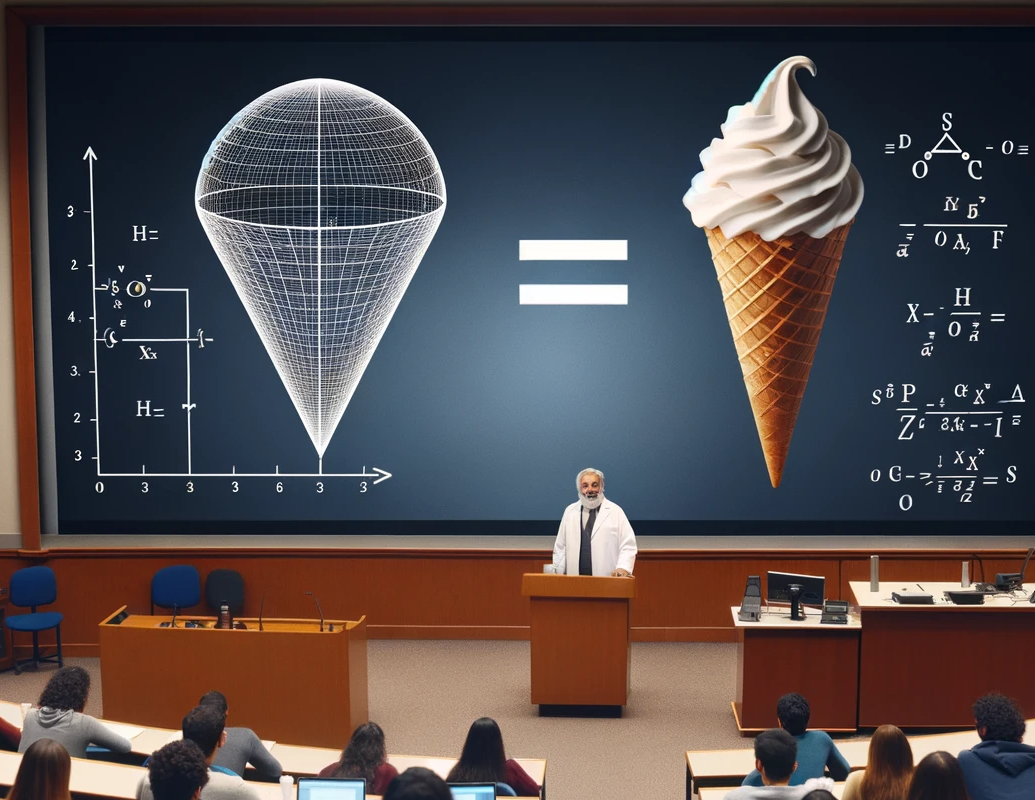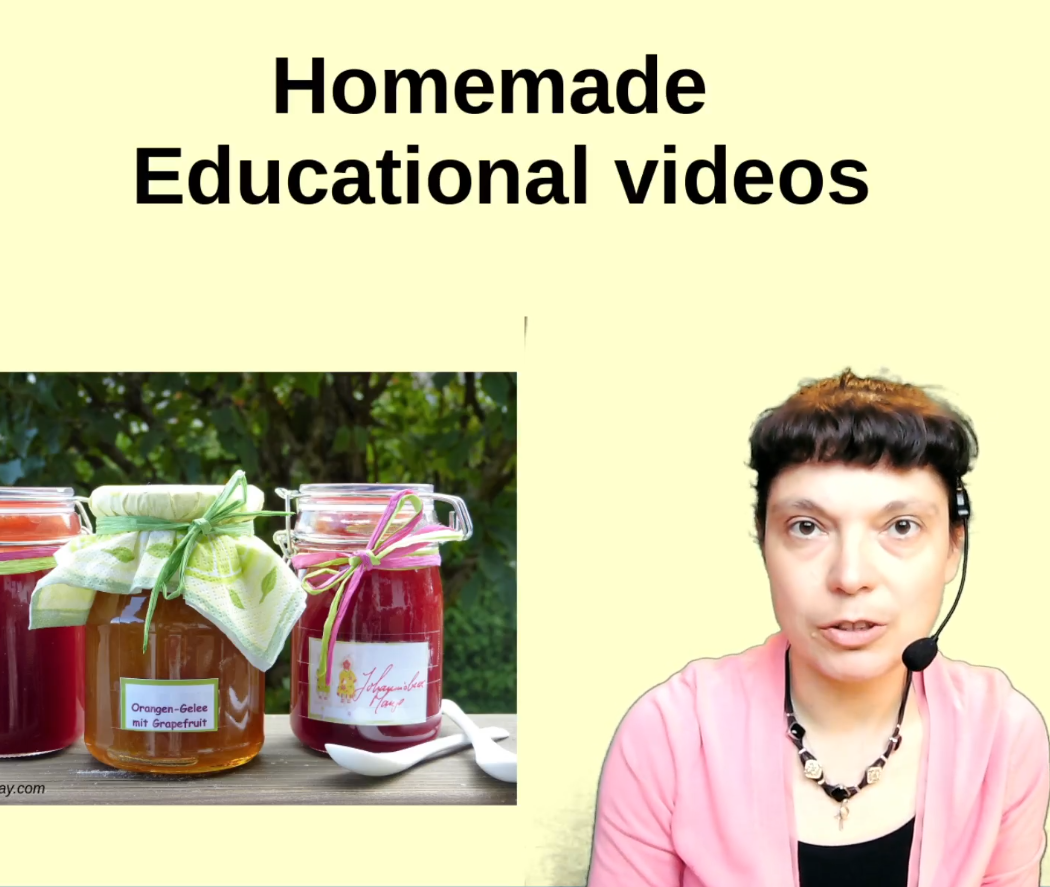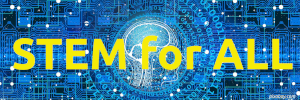Inclusive STEM classroom: A tool-kit for (busy) teachers
Why is it important?
Girls are proven to be as good as boys in Science, Technology, Engineering and Mathematics (STEM) worldwide (PISA, 2003) and also in the Netherlands (Hyde, 1990). However, a much lower percentage of girls versus boys choose for STEM profiles and studies in high-school and university. We would like to exchange knowledge and best practices to increase STEM engagement and participation in STEM classes, courses and programmes, paying special attention to empowering female students. Our goal is to give easy to implement suggestions on how to make any classroom more inclusive, stimulating teachers and educational leaders to re-design their courses/programmes. These recommendations were provided by students, following a review of the literature as well as implementation in various courses, including mathematics and science courses at University of Groningen. Our experience is based on a project where students served as co-researchers.
How can we do it?
We know that STEM teachers are very busy. No worries! We have created a list of easy to implement suggestions and recommendations for STEM teachers. Give it a try! Empower all your students. We believe that small changes can make a big difference.
Embrace real-life applications and hands-on activities
- When choosing your content, examples and practical problems -- celebrate reality!
- Consider introducing a problem-based approach centered around real-world problems.
- Consider introducing (more) hands-on activities in class.
- Show relevance of STEM subjects to our lives and underline their social value (e.g. Medical Technologies, Environmental Sciences, home technologies for family convenience and safety).

[1] Ceci & Williams , 2010.
[2] Burke, 2007.
[3] Clewell & Braddock, 2000.
[4] Blanchard et al. 2017.
Give positive (specific) feedback
- Educational research has shown that teacher's positive (and specific) feedback is very important for girls (more important than for boys).
- Try to create a supportive environment that allows to ask a lot of questions (You might want to say that they are no stupid questions).
- Explicitly welcome students to ask questions.

[1] Paechter, M., Luttenberger, S., Ertl, B. (2020). Distributing Feedback Wisely to Empower Girls in STEM
[2] Skipper, Y. & Leman, P.J. (2017). The role of feedback in young people’s academic choices
[3] She, H. C. (2000). The interplay of a biology teacher's beliefs, teaching practices and gender-based student-teacher classroom interaction
Avoid asking for volunteers
- Usually, boys are more likely to raise their hands and participate in activities.
- Try to explore other techniques to ask the students in order to increase the range or participation students (modern technologies providing anonymous answers, asking random students...

Create a gender neutral learning environment
- Be respectful to all students (avoid stereotyping).
- (Try to) check if your teaching materials are biased e.g. YouTube videos, textbook, problems, slides.

Let students work in groups
- Take into account that most girls prefer interaction and cooperative learning over competition.
- Try to make groups with more than one female student (so girls can support each other in a group).
- Some teachers advised us to try making groups for experiments and practicals consisting out of only girls (so they dare to try).
- Consider assigning roles for practical work (so boys are not always in the lead).

[1] Burke, R. J. (2007). Women and minorities in STEM: A primer.
Connect learning to careers and role models
- If possible, try to have more female lecturers, teaching assistants and guest lecturers.
- Try to provide opportunities to meet and interact with female researchers.

[1] Microsoft & KRC Research. How Role Models Are Changing the Face of STEM in Europe (Microsoft, 2018)
[2] Hughes, R., Nzekwe, B., & Molyneaux, K. (2013). The Single Sex Debate for Girls in Science:
A Comparison Between Two Informal Science Programs on Middle School Students' STEM Identity Formation.
Challenge discriminatory language
- always point out sexist or otherwise offensive language towards other students

Monitor your interaction with different genders
- Try to monitor your interaction with different genders (record yourself or ask someone to observe you in your class)
- The ratio of different genders asking/answering question might be surprising...

